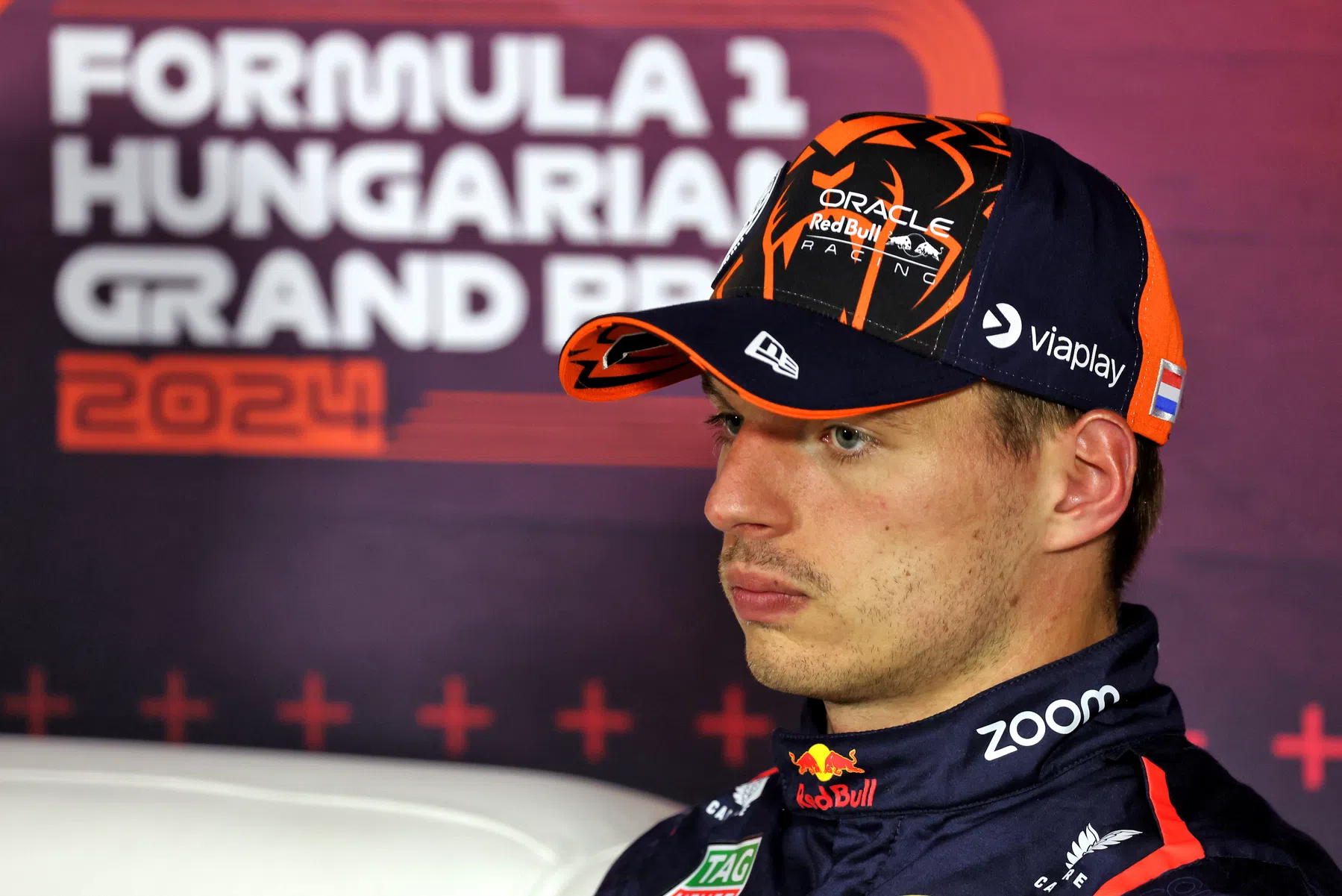F1 News

Can Red Bull hold onto the Constructors at Spa? 'Suits them well'
Red Bull Racing has faced a series of challenges with Sergio Perez's poor performance, and Max Verstappen not winning three consecutive races for the first time since 2021. Now, as the final race before the summer break approaches, they will be looking to hold onto their lead in the Constructors. Is Spa the perfect track for them to do that?
Red Bull have a 51 points advantage over McLaren, who moved into second following their one-two finish at the Hungarian Grand Prix. Whilst both Red Bulls were able to score points last weekend, neither managed to make it onto the podium. Speaking on the Sky Sports F1 podcast though, former F1 driver, and now TV presenter, Karun Chandhok, explained why he does not expect McLaren to be the top team this weekend in Spa: "It was the quickest car in Hungary. I don't know if it'll be the quickest car in Spa, because Spa is a circuit which historically has suited the Red Bulls so well. They have a very efficient car, and they're able to produce very efficient downforce," he said.
Why are Red Bull likely to be stronger?
Max Verstappen has won the Belgian Grand Prix for the last three years, with Perez also securing second place podium positions in 2022 and 2023. Although this season McLaren has made some significant improvements, Chandhok has questioned whether these are enough: "The McLaren between last year and this year has improved significantly in that respect. And when we get to Spa, it's a very different downforce configuration and package to what we saw in Budapest, diametrically opposite, in fact."
"Let's see what the weather does, first of all, but assuming it's dry, I think it will directly favour Red Bull a bit more. But what we can say is across the range of circuits we have in F1, there's no doubt that McLaren is at least a match for the Red Bull across a range of four or five circuits,” he concluded.

